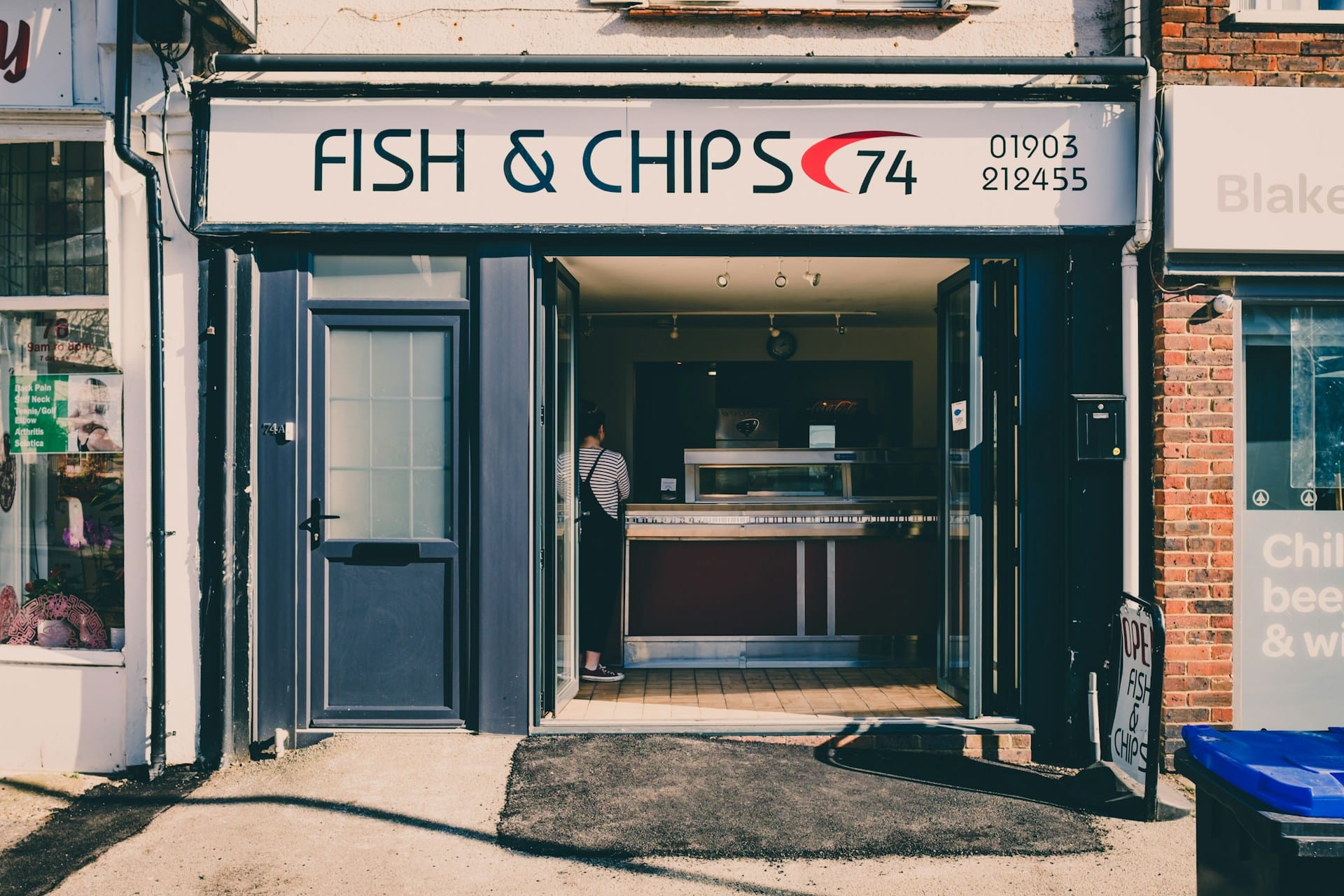The food industry is an ever-evolving space, with new trends emerging and transforming the landscape. Over recent years, a significant shift toward sustainable practices has been evident, driven by increasing consumer awareness, government regulations, and the industry’s commitment toward environmental responsibility.
In the UK, food retailers are at the forefront of this change. From the products they offer to the packaging they use, sustainability is at the core of their operations. One of the key areas of focus has been on exploring and implementing biodegradable packaging solutions. Biodegradable packaging not only reduces the reliance on traditional plastic materials but also minimizes waste.
Also to see : What Are the Keys to Successful Remote Team Collaboration in UK Software Companies?
In this article, we will delve into the latest advancements in biodegradable packaging in the UK food retail industry.
Exploring the Shift Away from Plastics
Over the past few years, the call for a reduction in plastic use has grown louder. Environmental concerns, growing awareness, and stricter regulations have made it imperative for food retailers to rethink their packaging strategies. Plastic, once hailed for its durability and versatility, is now considered a major global environmental issue.
This might interest you : How Can UK Retailers Maximize Profitability with Dynamic Pricing Strategies?
Biodegradable packaging has emerged as a leading alternative. As opposed to traditional plastics, these materials degrade naturally over time. Made from plant-based materials like cornstarch and wheat, they pose much less harm to the environment.
Latest Advancements in Biodegradable Materials
The latest advancements in biodegradable packaging have not only been about finding alternatives to traditional plastics but also about enhancing the properties of these eco-friendly materials. Manufacturers are now creating biodegradable packages with superior protective properties, ensuring that food products remain fresh for longer.
One of the groundbreaking developments is the production of biodegradable packaging made from chitosan, a by-product of the seafood industry. This material has excellent antimicrobial properties, providing a natural barrier against food spoilage.
Another innovative material is polylactic acid (PLA), a bioplastic derived from renewable resources like sugarcane or cornstarch. It is heat-resistant, making it ideal for packaging hot food items.
Adoption of Biodegradable Packaging in the Market
As more and more food retailers in the UK adopt biodegradable packaging, their experiences provide valuable insights. Marks & Spencer, for instance, has been a pioneer in this field, eliminating over 2,000 tonnes of plastic packaging by switching to sustainable alternatives.
High-end retailer Selfridges has committed to completely eliminating all plastic-based food and drink packaging from its stores by 2025. It has introduced innovative packaging solutions – including seaweed-based ‘plastic’ water bottles and mushroom-based packaging for its food hall items.
The Future of Biodegradable Packaging in Food Retail Industry
As advancements continue to push the boundaries of what is possible with biodegradable packaging, we can only expect the trend to grow stronger. While the current focus has been on replacing traditional plastic packaging, the future will likely bring about even more innovative solutions.
It is anticipated that the production of biodegradable packaging will become more efficient and cost-effective, allowing even smaller retailers to adopt these environmentally friendly alternatives. Moreover, as consumer awareness grows, the demand for sustainable packaging will increase, further driving the market.
Overcoming Challenges for Widespread Adoption
While the benefits of biodegradable packaging are clear, there are still several challenges to overcome for widespread adoption. One of the most significant is cost. Biodegradable packaging materials are currently more expensive than traditional plastics, which can be a barrier for smaller food retailers.
However, as the technology develops and economies of scale come into play, it is expected that the cost of biodegradable packaging will become more competitive. Furthermore, government incentives and regulations will likely play a pivotal role in encouraging the adoption of these sustainable practices.
Another challenge is consumer education. While the appeal of eco-friendly packaging is evident, consumers need to understand how to properly dispose of these materials to ensure they decompose effectively. This will require retailers to take an active role in educating their customers about sustainable practices.
As we look toward the future, it is clear that biodegradable packaging is set to play an integral role in the UK food retail industry. The latest advancements and ongoing research promise exciting opportunities for both retailers and consumers looking to make more sustainable choices.
Biodegradable Packaging and the Circular Economy
The paradigm shift towards biodegradable packaging is not just about reducing environmental impact; it’s about embracing a circular economy. The concept of a circular economy involves minimizing waste and making the most of resources. It’s about creating a system where nothing is wasted and everything is reused or regenerated.
In the context of biodegradable packaging, it means creating packaging from organic matter that can decompose and return to the earth, completing a natural cycle. It’s about moving away from the linear ‘take, make, dispose’ model to a more sustainable, circular model.
Food retailers are key players that can drive this change. By adopting biodegradable packaging, they minimize the amount of waste going to landfills and reduce reliance on non-renewable resources like petroleum-based plastics. Instead, they can use bio-based materials that are renewable and sustainable.
There is a growing literature on this topic in academic circles. Google Scholar lists numerous studies focusing on biodegradable food packaging’s mechanical properties, barrier properties against water vapor and gases, shelf life, and market size. This research is crucial for developing better biodegradable packaging solutions and ensuring they are suitable for commercial use.
In addition, manufacturers are experimenting with new materials and technologies to improve the performance of biodegradable packaging. New formulations can enhance the packaging’s strength, flexibility, and barrier properties, making it comparable to traditional plastic packaging in terms of functionality.
Conclusion: The Impact of Biodegradable Packaging on UK Food Retailers
The push towards biodegradable packaging is reshaping the UK food retail industry. As more retailers make the switch, the packaging market is undergoing a profound transformation. This change is driven both by environmental concerns and by the recognition that sustainable practices are not just good for the planet; they are good for business too.
By using biodegradable packaging, food retailers can meet growing consumer demand for eco-friendly products. They can also comply with stricter government regulations aimed at reducing single-use plastics. Moreover, they can differentiate themselves in a competitive market and build a positive brand image based on sustainability.
The adoption of biodegradable packaging involves challenges, but also presents opportunities. It requires an investment in new materials and technologies, as well as in consumer education. However, it also opens up new possibilities for innovation and growth.
The latest advancements in biodegradable packaging are the beginning of this journey. As research continues and technology evolves, we can expect to see even more exciting developments in this field. The future of food packaging is green, and UK food retailers are leading the way.













